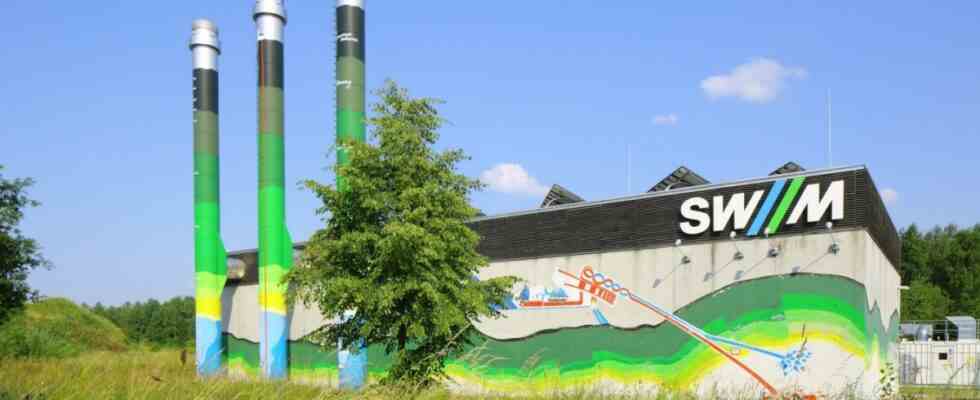The federal government is tinkering with the energy concept of the future at high speed. A concept that aims to make Germany independent of Russian oil and gas. Federal Economics Minister Robert Habeck (Greens) wants to focus primarily on wind and sun, as the “Easter package” just presented shows. Habeck seems to have forgotten an important sustainable source in his business game: deep heat from the earth’s interior.
Geothermal energy is probably the most underestimated source of energy in Germany: CO₂-free, available day and night and, compared to wind turbines and solar systems, gentle on the landscape. According to forecasts, it could cover almost a quarter of the heating energy requirement in Germany. However, this presupposes that appropriate funding and investments are made. But that’s exactly where the problem lies.
Geothermal energy has been neglected by politicians for years. While the state generously subsidized the installation of gas heating systems until recently, subsidies for deep geothermal systems were very limited. A similar picture emerges in research, where a large proportion of the funds flow into hydrogen technologies.
It is true that heat pumps that use surface water are now being used in many newly built single-family homes. In contrast, thermal sources for district heating networks in metropolitan areas and municipalities are hardly ever exhausted. Most are primarily operated with gas and coal, which is now becoming a cost trap for many tenants and other customers.
Illustration: Bernd Schifferdecker
The heat available in the interior of the earth, once tapped, can supply energy continuously – and this for decades. At a depth of just a few hundred meters, the water layers reach 30 to 100 degrees Celsius or more. In a closed circuit, the water is pumped upwards, the heat is extracted and the cooled water is then returned. Once the derricks have been dismantled, all that remains on the surface is a not too large, clean power plant.
The conditions underground are ideal, especially in the north and south of Germany, but the energy source can also be used efficiently in many other regions. The technology required for this comes from the oil and gas industry and is considered mature.
The example of Munich shows what an important contribution geothermal energy can make to the energy supply of a large city. The state capital has been using deep heat for years and is constantly expanding it, it already feeds the district heating network to a large extent. In other cities, too, interest is now waking up with the impending gas shortage.
If the ground shakes, public acceptance will also shake
But the fear of contact is great. Even with politicians. The violent protests that brought about the end of natural gas fracking in Germany years ago have not been forgotten. Some boreholes triggered minor earthquakes, and toxins got into the groundwater. Energy suppliers know that if the ground shakes, public acceptance will also shake.
Incidents have also occurred in geothermal drilling in the past, even if the underground is not broken up with fracking and toxic chemicals. Every technique has its risks. But in the case of geothermal energy, these are now considered to be manageable, thanks to state-of-the-art technology, extensive risk assessment and thorough probing of the subsoil.
The greatest risk for energy suppliers is on the financial side. A single well easily costs several million euros – and not every one is a hit. In order to use the heat source on a large scale nationwide, hundreds of boreholes would be necessary. Another problem are the approval procedures that drag on for eight to ten years because there is a lack of specialist staff in the authorities. The shortage can be eliminated by funding projects and restructuring administrations.
It might be worth it. The heat flow from the earth’s interior could play an important role in the future energy mix. Germany cannot afford to do without even one possible renewable source. A Green Economics Minister in particular should not simply ignore the potential of geothermal energy.

